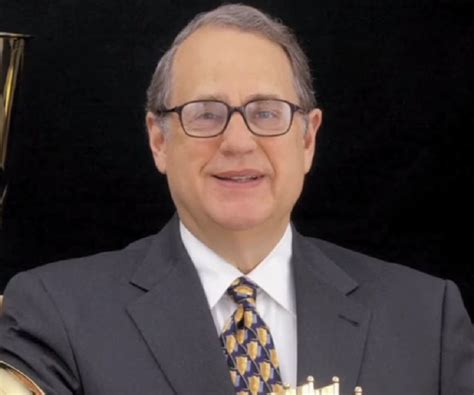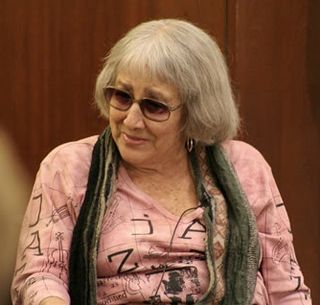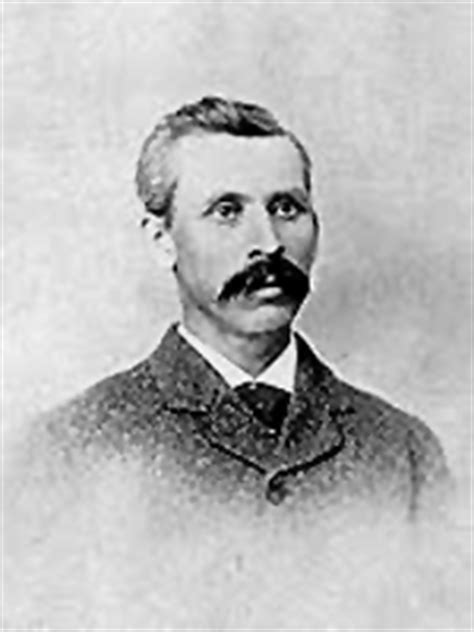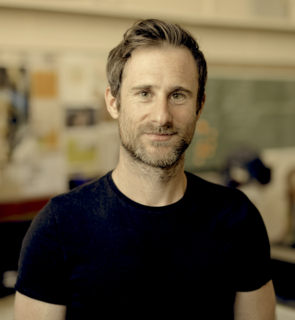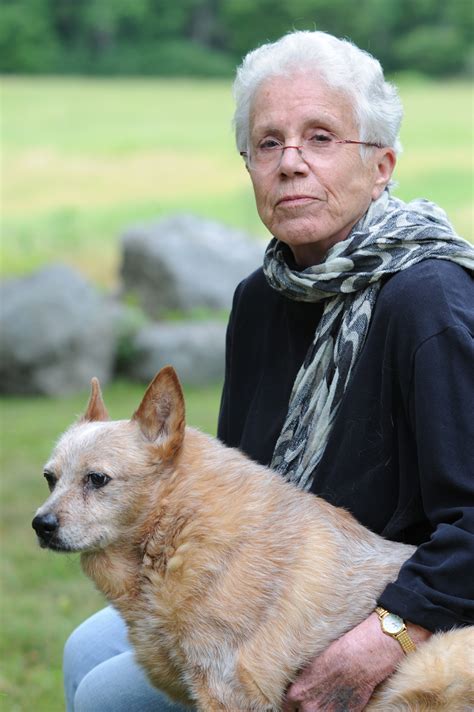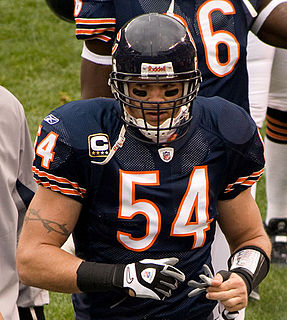A Quote by Russell Chatham
You know why there are so many whitefish in the Yellowstone River? Because the Fish and Game people have never done anything to help them.
Related Quotes
I've always believed certain things: You treat everybody nicely because, more than anything, it's the right thing to do. And then you also never know when someone will be in position to help you or hurt you. I know I've gotten help from a lot of people who said good things about me because I treated them well.
I know you were just trying to help. But I passed the point of help a long time ago. Look, I know about your people and customs, and I know you were raised inside a cage. The last thing you need is to be saddled with a man who can barely walk. Why don't you just go and get your own place and live? I'll be happy to put you on all my accounts. You'll never want for anything. (Adron)I can't do that. (Livia)Why not? (Adron)Because I love you. (Livia)
Anything that we know how we do, machines will do better. Now, the key element of this phrase is, "We know how we do it." Because we do many things without knowing exactly how we do them. So this is the area where machines are vulnerable, because it still has to learn from some kind of experience. It needs something - at least the rules of the game. You have to bring in something that will help the machine to start learning. It's like square one. If there's nothing there, if you can't explain it, that's a problem.
[Writing is like fishing]. You don't bow because you made the fish. That's the difference. If you know that, then you bow for your labor.You crafted, you worked, you put in those hours so that you could catch that fish. But you didn't make that fish. You just caught the fish. That will help you stay humble and bow for the right reason and be very lucid about the work you do.
You may never learn the names of any of the people you talk to in a dog park, even after many, many hours spent there with them, and many hours of conversation. But if - knock on wood - anything should ever happen to your dog, these nameless non-strangers will rally, sympathize, offer to help, and hold your hand. I know this from experience.




